


ELLIS Unit Munich: Tackling Key Challenges of Explainability, Reliability, and Trustworthiness in AI
Mission & Vision
ELLIS Unit Munich is committed to tackling the key challenges of explainability, reliability, and trustworthiness in AI. Its researchers advance core machine learning methods while integrating feedback from real-world applications to ensure scientific relevance and societal impact. The Unit fosters a collaborative, interdisciplinary environment—training the next generation of AI researchers, building bridges to industry, and supporting spin-offs and innovation in the wider ecosystem.
Guided by leading experts including Daniel Cremers, Fabian Theis (both Unit Co-Directors and ELLIS Fellows), and Massimo Fornasier (ELLIS Fellow), ELLIS Unit Munich contributes actively to ELLIS Research Programs, specifically contributing to the ELLIS Programs on:
As articulated by Unit Co-Director Daniel Cremers,
“ELLIS Munich will advance the foundations and societally relevant applications of machine learning.”
Key Numbers and Milestones
Established in 2020, ELLIS Unit Munich is one of Germany’s leading Units within the European Laboratory for Learning and Intelligent Systems (ELLIS) network. Jointly coordinated by the Technical University of Munich (TUM) and Helmholtz Munich, the Unit conducts cutting-edge research in foundational machine learning and its transformative applications in biomedicine, computer vision, and earth observation.
The Unit comprises 36 Unit Members—19 Fellows, 9 Scholars, and 8 Members—among them multiple ERC grantees and internationally recognized leaders in AI, health, and mathematics.
ELLIS Unit Munich plays a key role in the strategic integration of Bavaria's AI ecosystem and is an integral part of Bavaria’s High-Tech Agenda — a €5.5 billion initiative positioning the region as a leading AI hub.
In 2024, ELLIS Unit Munich became part of the ELIAS Alliance, a European network of nodes committed to advancing AI-driven innovation and sustainable development.
The Unit hosts 36 PhD students and postdoctoral researchers within the ELLIS PhD Program.
International Workshops and Conferences: ELLIS Unit Munich has organised several prominent international workshops, including the "Open Problems in Computer Vision & Generative Modelling" event in July 2024.
Research Areas
ELLIS Unit Munich conducts both foundational and applied machine learning research across key domains:
Biomedicine
ELLIS Unit Munich aligns expertise to build a hub for biomedical AI, leveraging large scale biomedical data from genomes and health records to imaging to support disease diagnosis, treatment, and clinical decisions through machine learning.
In human genomics, we model molecular variation into populations of cells and individuals, using supervised and unsupervised methods to understand variation under perturbation.
AI solutions for image-based diagnostics leverage existing and novel imaging data, applying statistical and mechanistic models to reconstruct data and parametrize disease models for individualized prediction.
We develop a learning system for virtual screening, proposing synthesis and assays for small molecule design, and advance immunotherapy and protein engineering using uncertainty quantification and DL-based representations.
Explainable AI methods enable confident use of ML in clinical decision making, combining network inference, knowledge graphs, and Bayesian modeling to ensure interpretability, address causality, and handle unstructured or missing data.
These efforts aim to accelerate personalized medicine and uncover new therapeutic strategies for complex diseases.
A recent research example is the Nature paper “Mapping cells through time and space with moscot” (Vol. 638, 2025), which introduces an optimal transport–based framework for integrating multimodal single-cell data at atlas scale. The study reconstructs developmental trajectories in ~1.7 million mouse embryo cells, enriches spatial transcriptomics, and uncovers lineage relationships validated experimentally.
Computer Vision
ELLIS Munich's research in computer vision combines a number of mathematical domains including statistical inference, ML and deep neural networks, differential geometry, and continuous and discrete optimization techniques.
Computer vision focuses on interpreting camera data to infer properties of the observed world from images or videos. Its challenges are broad, and its societal impact is rapidly growing, with visible applications in mobility, biomedical imaging, earth observation, industry, and extended reality. Our research focuses on the following topics:
3D reconstruction with cameras (including RGB-D cameras) and visual SLAM (simultaneous localization and mapping).
Biomedical image and video analysis
Dynamic scene interpretation and shape analysis
A research example is the 2025 ICCV paper “Back on Track: Bundle Adjustment for Dynamic Scene Reconstruction”, which integrates motion decomposition, bundle adjustment and depth refinement in a unified framework, BA-Track, that accurately tracks the camera motion and produces temporally coherent and scale-consistent dense reconstructions, accommodating both static and dynamic elements.
Earth Observation
ELLIS Unit Munich addresses the methodological & algorithmic, theoretical, social, and ethical challenges arising from satellite and earth observation technologies.
Novel research directions are emerging around the social impact of digital technology and data-driven engineering. Data collected through digital devices and satellites enables analysis of individual activities and large-scale social, political, and economic systems.
Our research topics include:
Information retrieval from remote sensing data, where we develop explorative algorithms for current and next-generation Earth observation missions, achieving super-resolution in Tomographic SAR using compressive sensing.
City mapping, focusing on high-resolution hazard detection and combining satellite data with crowdsourced information like OpenStreetMap and social media, with ML methods used to consolidate and analyse the data.
A research example is the 2025 IEEE paper “Regression in Earth Observation: Are Vision–Language Models up to the Challenge?”, which examines the specific challenges of applying VLMs to EO regression tasks and points to methodological insights and future directions for more robust, domain-aware solutions.
Ongoing Collaborations
The ELLIS Unit Munich actively fosters collaboration across academic, industrial, and institutional sectors. Notable initiatives include:
The ELLIS Pre-ICML Fest 2025: A flagship event bringing together ELLIS Units across Europe to present cutting-edge research in local hubs ahead of ICML 2025, encouraging early exchange, visibility and collaboration. More info.
Engaging in bilateral exchanges with ELLIS Unit Delft, reinforcing cross-border collaboration within the European AI research network and facilitating discussions on emerging trends in foundational models. 2024. More info.
Facilitation of the ELLIS / Helmholtz AI Workshop "Connecting Minds and Machines", an interdisciplinary event exploring human-centered foundational machine learning, featuring keynotes from Richard Shiffrin, Zeynep Akata, and Rahaf Aljundi. More info.
Jointly coordinating the Helmholtz-ELLIS Workshop on Foundation Models in Science, a joint initiative bringing together top AI researchers to explore the role of large language models and multimodal AI across scientific domains. More info.
The ELLIS Program Workshop on Machine Learning and Computer Vision, gathering leading researchers, postdocs, and students for several days of in-depth discussion on the state and future of the field. The workshop was coordinated by ELLIS Program Directors Bernt Schiele, Cordelia Schmid, and Yair Weiss, with local organisation led by ELLIS Fellow Daniel Cremers. More info.
Supporting the Virtual Learning on Graphs Conference 2023, a key platform advancing the state of machine learning on graph-structured data. More info.
Co-organizing the ICML workshop on Machine Learning for Multimodal Healthcare Data, that brings together interdisciplinary researchers to present machine learning solutions for healthcare, focusing on multimodal, heterogeneous data spanning imaging, pathology, biology, and electronic health records. More info.
Co-hosting the French-German Machine Learning Symposium with ELLIS Unit Paris, aimed at strengthening strategic research partnerships between France and Germany. More info.
ELLIS Workshop: Causethical ML, which brings together researchers to explore fairness, explainability, robustness, privacy, and accountability in machine learning through a causal lens. More info.
Supporting and Fostering Young Talent
ELLIS Unit Munich hosts a vibrant community of 36 PhD students and postdoctoral researchers, all of whom are part of the prestigious ELLIS PhD/Postdoc Program. This program emphasizes interdisciplinary training, mentorship, and mobility across ELLIS units throughout Europe.
The Unit is committed to developing the next generation of AI researchers through a range of initiatives, including:
Participation in interdisciplinary lecture series and cross-unit exchange programs, enabling knowledge-sharing across scientific and geographic boundaries, while providing early-career researchers free access to top-tier AI talks, live Q&A sessions, and direct engagement opportunities at the intersection of academia and industry.
Active involvement in ELLIS reading groups, promoting deep engagement with emerging research in machine learning and foundational models.
Efforts in Public Engagement
ELLIS Unit Munich actively promotes dialogue between AI research and society through high-impact outreach, public education, and media engagement.
Munich AI Lectures Series: Co-organized 30 lectures with LMU, TUM, Helmholtz Munich, Baiosphere, and the Bavarian Academy of Sciences and Humanities (BAdW), this flagship event series brings internationally renowned AI researchers to Munich. Covering topics ranging from foundational ML to ethics and AI for science, the lectures are open to the public and serve as a platform to demystify cutting-edge research and stimulate public discourse. Attracting hundreds of attendees, these events engage a diverse audience including students, policymakers, industry experts, and the general public. Lectures are also available on our YouTube channel.
TEDxTUM Talk by Professor Daniel Cremers: In his popular TEDx talk "How I Make Machines See the 3D World", Unit Co-Director Daniel Cremers introduces core ideas in computer vision and explains the societal importance of enabling machines to perceive and navigate complex environments. The talk exemplifies ELLIS Unit Munich’s commitment to making technical research accessible and inspiring to broader audiences.
Thought Leadership on Generative AI: ELLIS Unit Munich researchers contribute to international discussions about the implications of generative models and synthetic media. For example, Professor Björn Ommer co-authored reflections on the ethical and societal impact of image synthesis, calling for transparency, open science, and global governance frameworks. These contributions have been featured in major AI community platforms such as The State of AI Report.
